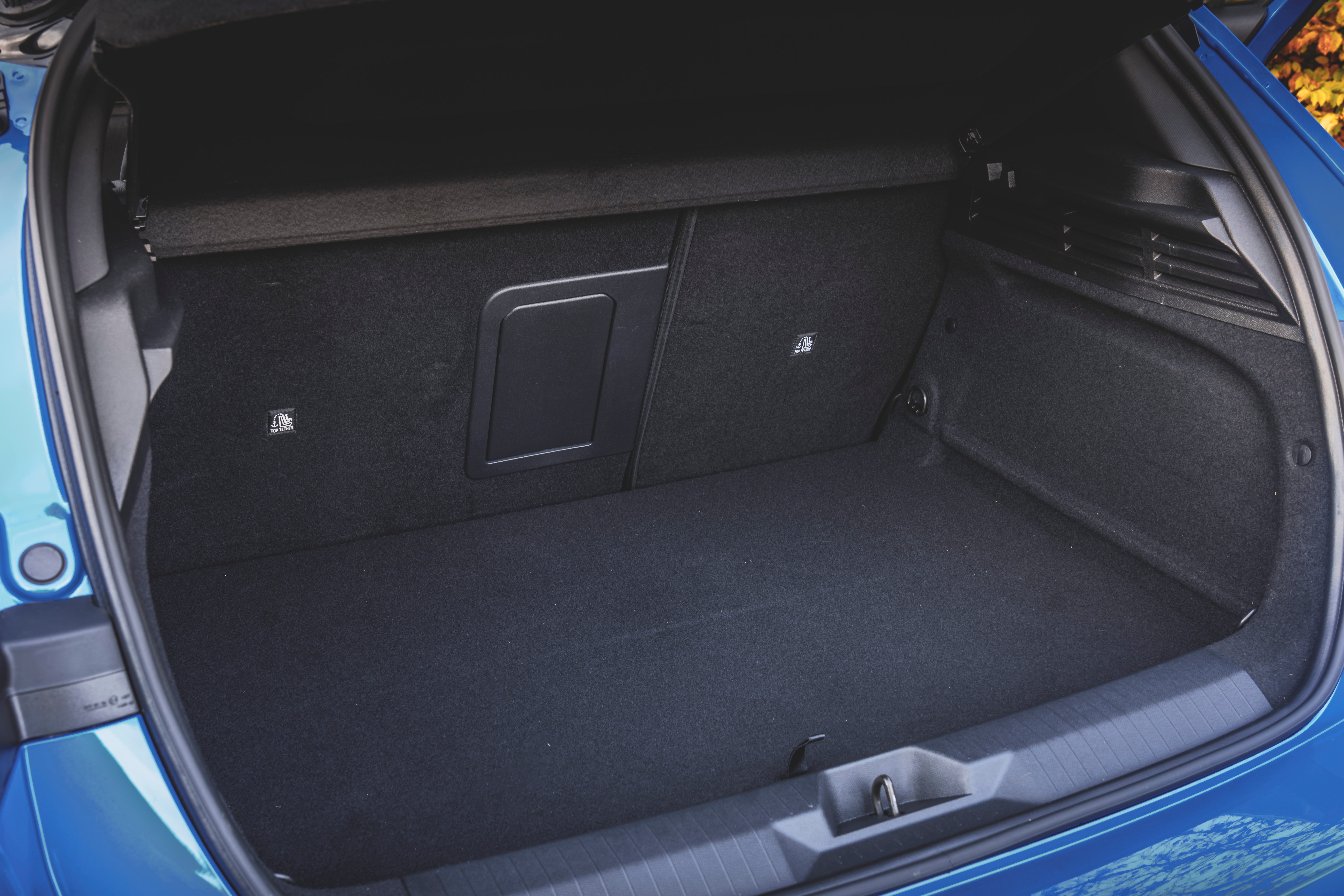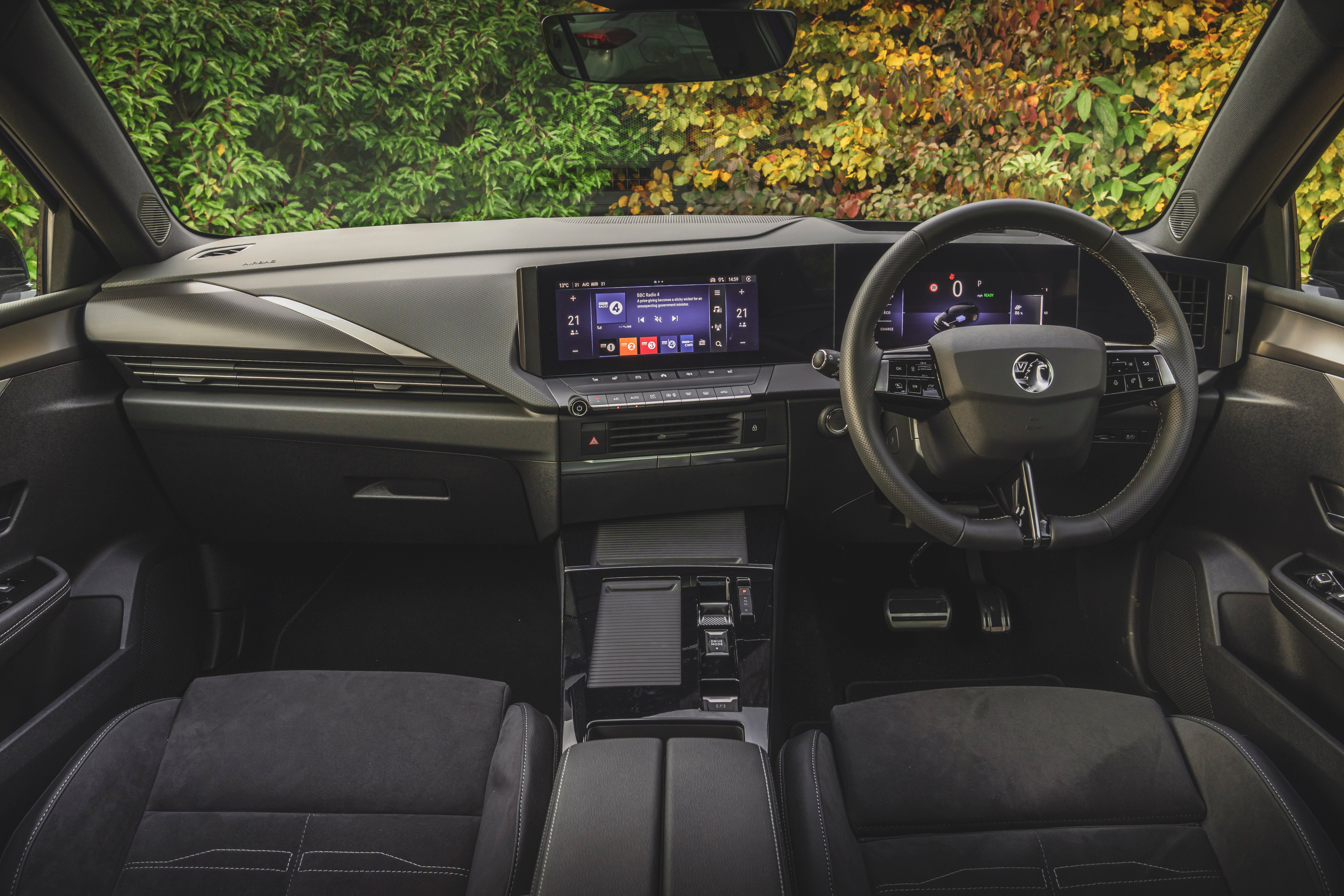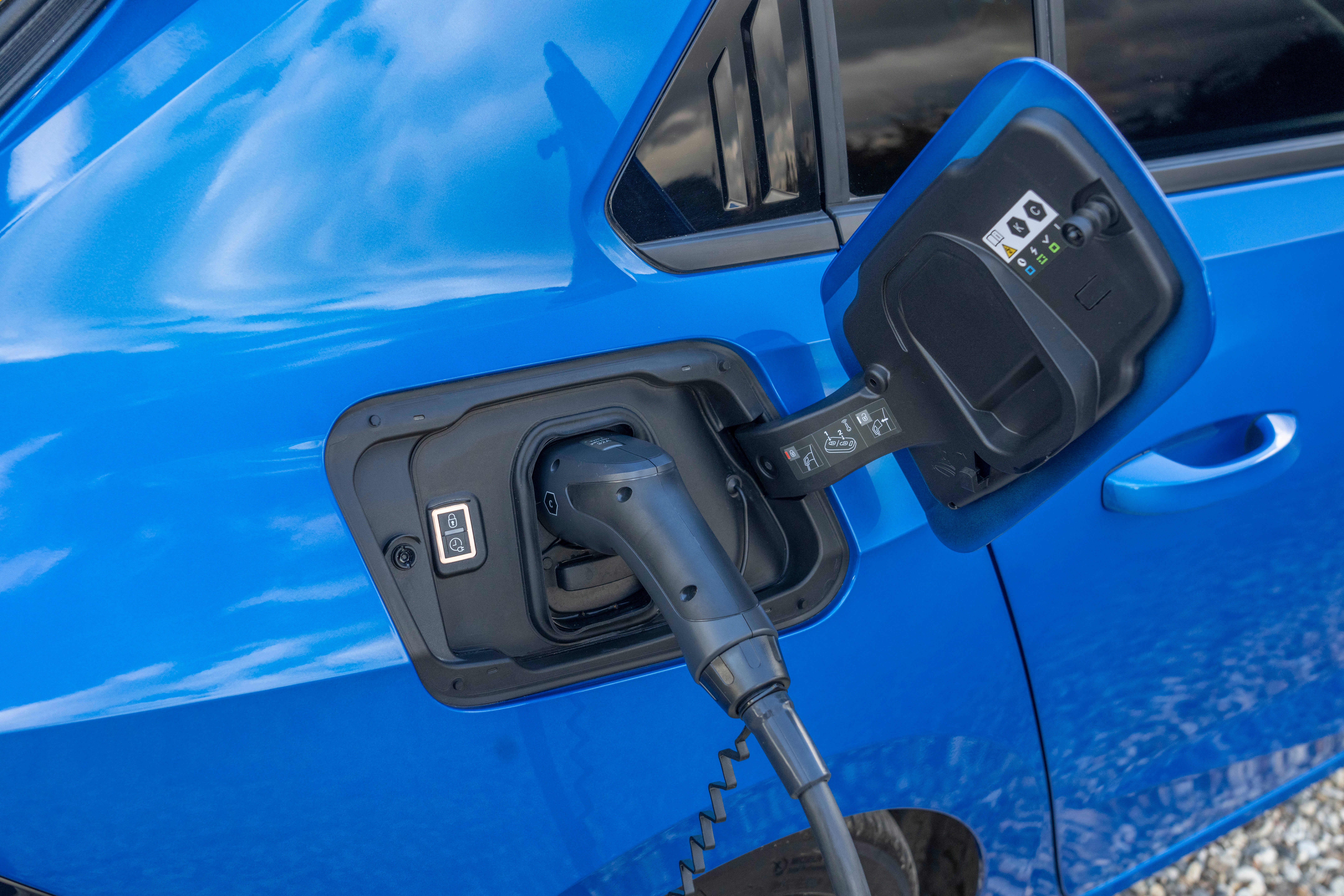
The Vauxhall Astra is a long-running car in the UK that’s been a staple of the motoring scene since the 1980s. A former best-seller, it’s not quite so popular these days, but that’s more reflective of British car buyers’ preference for SUVs rather than the Astra failing to keep pace with the market.
Indeed, Vauxhall is a rare brand that offers its family hatchback in petrol, hybrid, plug-in hybrid and pure electric guise – the full modern engine line-up. The entry-level petrol engine is an absolute bargain, while the Astra Electric is reasonably priced too. And the Astra Plug-In Hybrid? Until recently, it was the most expensive Astra you could buy. Fortunately, Vauxhall has now seen sense, and cut prices by up to £4,955 compared to the previous version. Every model is now priced below the expensive car supplement tax.
The battery range has certainly improved from the first plug-in hybrid models to this eighth-generation Astra. At launch, it had a small 12.4kWh battery with an EV range of 35 miles. Vauxhall has now upgraded this to 17.2kWh, which sees the electric range jump to 52 miles. Performance has been improved too, and a new gearbox helps make it drive more smoothly. Is it enough to take on the standard-setting Volkswagen Golf eHybrid, though?
How we tested
I escaped the wintery UK weather and travelled to Portugal to drive the Vauxhall Astra. The event included a night-time drive to show off its clever matrix LED headlights (maybe not so clever; I still got flashed by an oncoming driver). I subsequently drove it back here in the UK, which was a little less glamorous.
Vauxhall Astra: From £36,145, Vauxhall.co.uk

Independent rating: 6/10
Vauxhall Astra specs
Battery, range, charging, performance and drive
The Vauxhall Astra Plug-In Hybrid pairs a 150hp 1.6-litre turbo petrol engine with a beefy 125hp electric motor. This gives a total system output of 195hp. That’s competitive with the Volkswagen Golf eHybrid and serves up 0-62mph performance in 7.9 seconds. There’s a sportier Vauxhall Astra GSe too, which has a system output of 225hp. Suspension settings are more focused, as is the styling, but performance is little-changed, with 0-62mph in 7.6 seconds.
The bigger 17.2kWh battery improves the range and makes the Astra a more usable plug-in hybrid. It keeps enough in reserve to allow a fair amount of low-speed electric driving even when discharged, and the punchy electric motor delivers sufficient oomph. However, unlike the Volkswagen Golf, there’s no DC rapid charging. It only has a 3.7kW onboard AC charger too; the quickest you’ll see is a 20-80 per cent charge in just under three hours.
The Vauxhall Astra Plug-In Hybrid’s improved seven-speed dual-clutch automatic gearbox helps make the most of the dual-fuel powertrain in hybrid mode. There’s also a button next to the gear selector that lets you switch between hybrid, sport or pure electric mode.
Stable, confident handling is a plus point, and the Astra always feels assured even on challenging roads or when driving at speed. The ride has a taut, Germanic feel as a result, but it’s rarely uncomfortable, and the Astra is a relaxing long-distance cruiser.

Interior, practicality and boot space
The Vauxhall Astra Plug-In Hybrid has a modern-looking and, again, rather Germanic interior. It’s all about cool, clinical sophistication, with Jet Black being the core colourscheme, and a very dark grey renewable upholstery as an alternative on Ultimate. Even ambient lighting doesn’t fully cut through the gloom.
Despite the stark appearance, it is ergonomically friendly. Vauxhall boasts about how it sticks to physical buttons for the climate control, and there are other shortcuts for the touchscreen too. I also love the steering wheel, which is beautifully shaped and nice to hold. Seats are superb as well – Vauxhall places great emphasis on building supportive, comfortable seats, and it shows. The chairs in the sporty-focus GS are particularly praiseworthy.
Speaking of seats, a £2,100 nappa leather upholstery option includes a driver’s seat with both ventilation and a massage function. It’s only available on Ultimate spec, though.
While it’s comfortable in the front, rear seat space is less impressive. Legroom could be better, and it’s a bit awkward to get in and out too. A Volkswagen Golf is better in this regard. The Vauxhall Astra Plug-In Hybrid does suffer from the same compromised boot as the Volkswagen Golf eHybrid, though. The regular car has 422 litres of space, but this shrinks to just 352 litres in the plug-in hybrid. It has a seats-down space of 1,268 litres.

Technology, stereo and infotainment
The quasi-futuristic interior design is focused around the dual-screen Vauxhall ‘Pure Panel’ infotainment setup. It’s made up of two 10in screens, the centre one being a touchscreen. I like the crisp graphics and customisation options, and it’s backed up by voice control that uses ChatGPT. If all that’s too much, there’s Apple CarPlay and Android Auto.
It would be nice if the centre screen were a bit bigger, but the display itself is crisp enough. That’s a good job, given the lack of furnishings elsewhere in the interior. Vauxhall doesn’t seem bothered about having a particularly punchy stereo, either. There’s only a six-speaker setup, with no premium alternative.
All Vauxhall Astra Plug-In Hybrids have dual-zone climate control, but this doesn’t extend to the rear. A heated windscreen is standard on Ultimate grade, but you can only have a power tailgate if you go for the Sports Tourer estate – it’s oddly missing on the regular hatch.

Prices and running costs
Vauxhall Astra Plug-In Hybrid prices now start from £36,145. That’s a stonking £4,805 price cut, aimed at dragging the plug-in hybrid Astra back into competitiveness with its rivals. Whereas previously, every version was liable for the expensive car supplement tax, now every version avoids it, which will save owners over £2,100 in running costs over five years.
The bigger battery helps extend the pure electric range, saving on fuel costs for those smart enough to regularly plug in. it’s less positive news for retained values, with the Vauxhall Astra Plug-In Hybrid boasting the worst residuals of any powertrain. This will push up both PCP and leasing costs. Perhaps the recent price cuts will help here. Insurance groups are notably higher than any other Astra, too.

Vauxhall Astra rivals
FAQs
How long does it take to charge?
The Vauxhall Astra Plug-In Hybrid takes a precise two hours 53 minutes to charge from 20-80 per cent using a 7.4kW home wall box.
How much does it cost – is it worth it?
Vauxhall has realigned Astra Plug-In Hybrid prices, so they now start from a sensible £36,145. Even the top-spec Sports Tourer GSE estate now dips under the £40k mark. It’s helped boost our overall rating for the Astra by a point.
Does Vauxhall replace batteries for free?
Vauxhall offers an eight-year, 100,000-mile warranty on the Astra Plug-In Hybrid’s high-voltage battery.
Why trust us
Our team of motoring experts have decades of experience driving, reviewing and reporting on the latest EV cars, and our verdicts are reached with every kind of driver in mind. We thoroughly test drive every car we recommend, so you can be sure our verdicts are honest, unbiased and authentic.
The verdict
The Vauxhall Astra is a good-looking car. However, it lacks any standout features, which is why it struggles alongside the class-leading Volkswagen Golf. The plug-in hybrid tech has been improved, but it’s still not on the pace of the class best.







